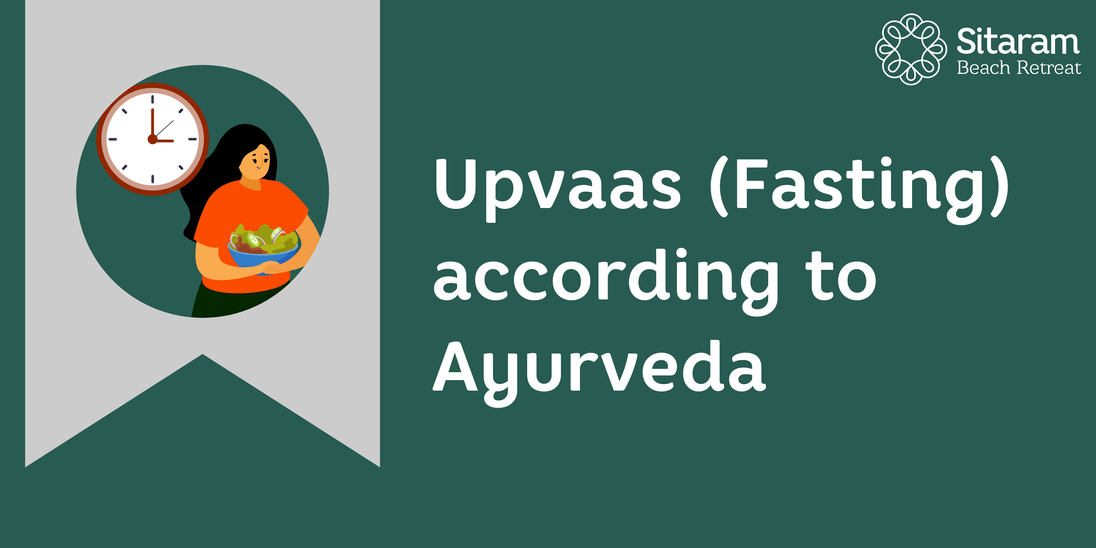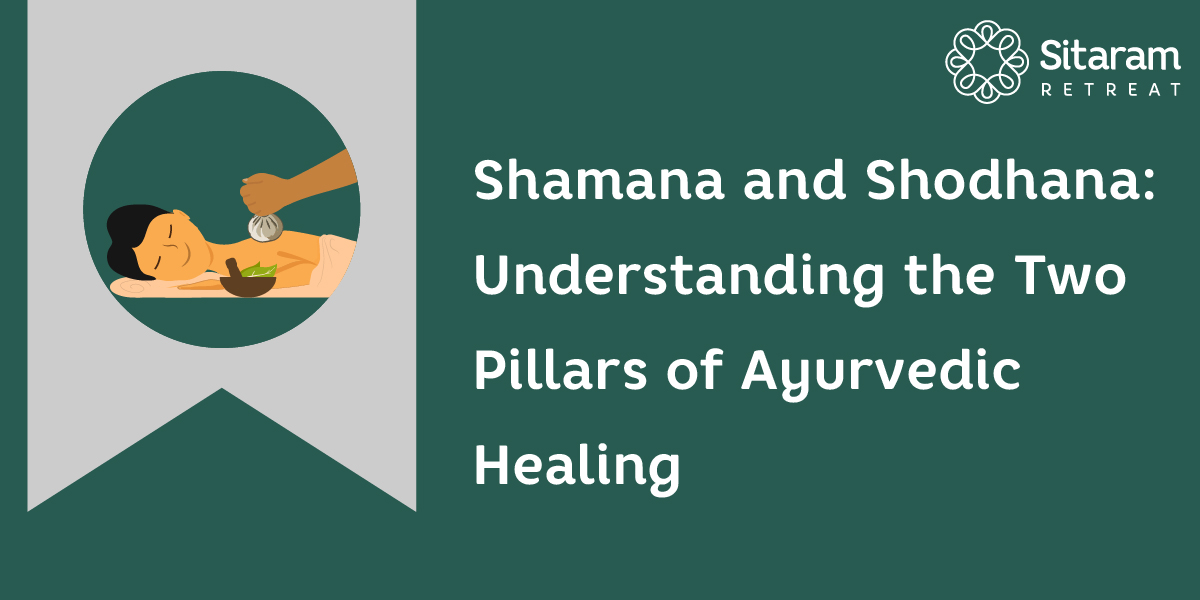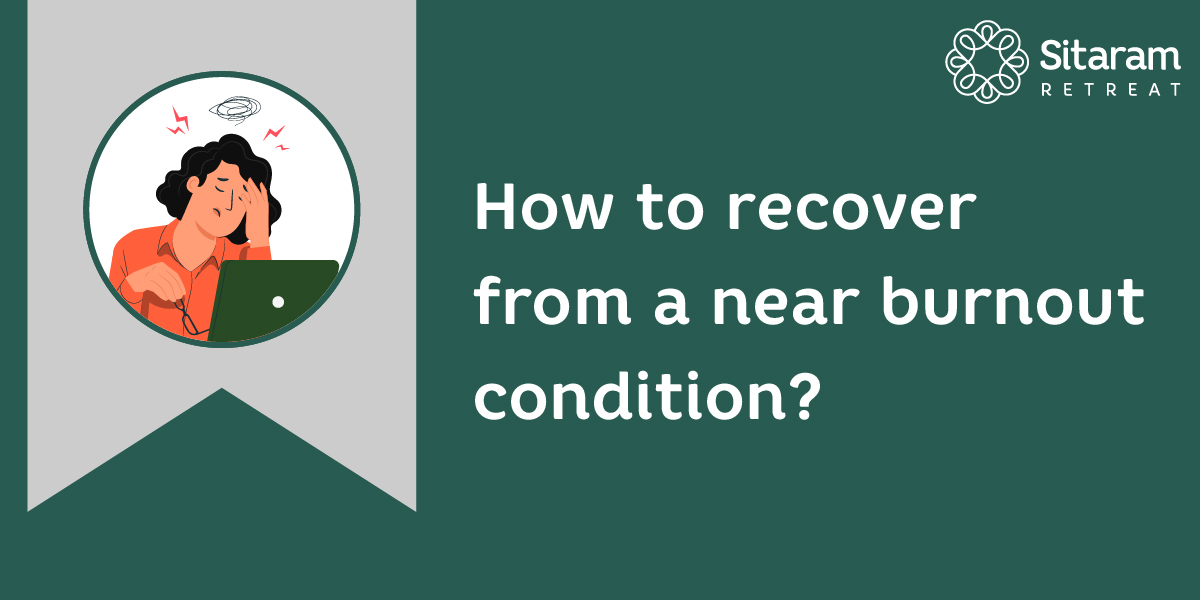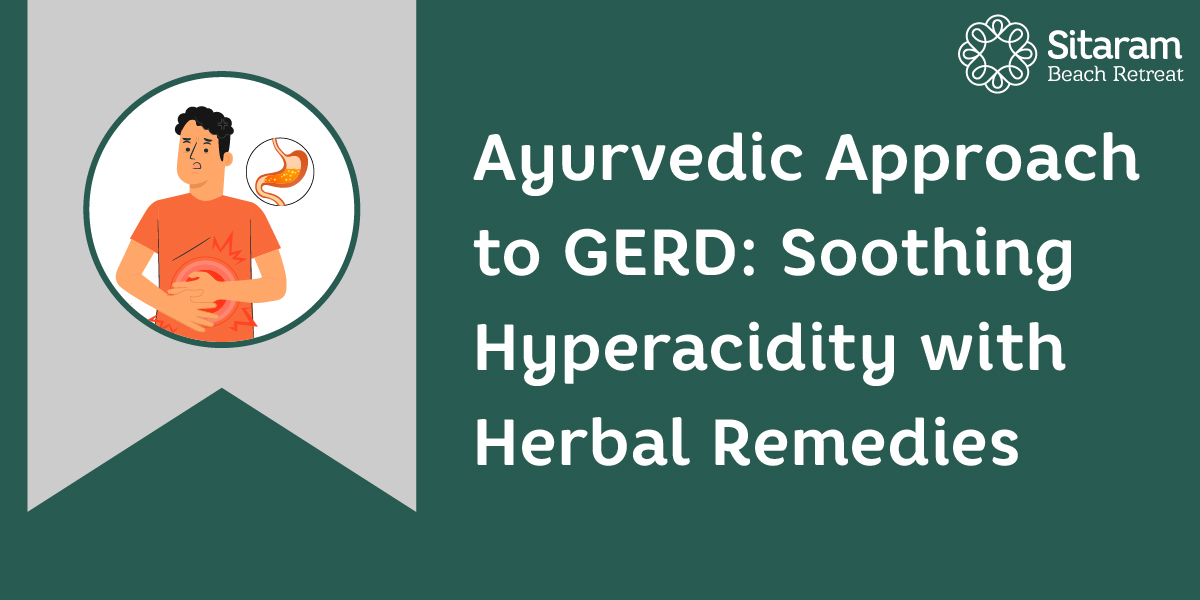Upvaas (Fasting) According To Ayurveda
By Vignesh Devraj

You might be someone going for a walk or switching to a whole-wheat toast on a hungry morning. You may be giving up your beloved caloric coffee and sugar-sweetened soda in an effort to control your weight. Craving constantly for some body positivity.
Most of us are somewhere digging through the diet charts and weight machines in between the rollercoaster of achieving our to-do lists for the day and the ongoing counsel of our dietician to get a handle on our eating problems.
Have you given fasting any thought? Fasting provides a wide range of health benefits that most of us are unaware of, therefore it is not the same as “starving oneself.”
It’s time for a sneak preview!
WHAT MAKES FASTING IMPORTANT TO OUR BODY ?
We are both overfed and undernourished in large numbers. The majority of the diet we consume is devoid of prana, which is the vital life force. The amount of processed foods, pesticides, fungicides, synthetic fertilizers, preservatives, and chemical additives that goes into our digestive system through the edibles we eat has increased tremendously.
Additionally, digestion suffers from overeating and bad meal choices. It is said you are not only what you eat, but according to Ayurveda; you are also what you digest.
When the bio-fire aka Agni is low for reasons like we mentioned above, instead of thoroughly digesting our meal, the body starts to produce and build up poisons, or Ama. Ama denotes “undigested food matter” in the literal sense which are considered to be the endotoxins.
Therefore, by fasting, we put our digestive system to rest and preserve energy. In order to sharpen our focus and calm our minds, it works similarly to how we turn to meditation. The energy of digestion can be directed in the right tracks by fasting.
AYURVEDIC FASTING: LET THE NATURE HELP YOU HEAL
To begin with cutting short on foods like sugars, commercial dairy products, refined carbohydrates, unhealthy fats like margarine, commercial meats, gluten, non-organic foods, processed foods, leftovers, frozen foods, junk foods, caffeine, and alcohol is a straight forward can be a brave and smart step in the fasting process.
Because the heaviness and the bloating sensation alongside ‘Ama’ (the endotoxin buildup) are common side effects of all of these food practices. It would be considered fast if you could skip one of these or more of these meal groups for an entire day and then do it several times over. One step forward and progress will follow. Also, it’s necessary to take into account one’s body constitution, present health issues if any, digestion, the presence of pollutants, and vitality before starting any form of fast.
THERE’S A WAY TO END THE FAST AS WELL ! HERE’S HOW ?
It’s crucial to hold off on starting a regular diet right away after breaking your fast. For example, the day after you successfully got through an all-day liquid fast, you can switch back with a small bite of fruit or a tiny quantity of hot cereal for breakfast, then to a simple-to-digest lunch.
It’s crucial to provide the same amount of time for preparation, the fast, and the break. Therefore, it would be beneficial to eat a lighter, cleaner diet for two days prior to starting a two-day pomegranate juice fast, and then take two days following to gradually find your way back to the solid food diet. If you don’t, you risk overworking your digestive system and doing more harm than good. So you should know the circle before you start with the trial.
THE ROLE OF DOSHAS IN FASTING
Generally speaking, short, frequent fasts are advised by Ayurveda. This could imply once per day, once per week, once per month, or during the change of seasons. Extended fasting is typically not advised because it can impair digestion, cause a disconnection between the mind and body, and result in issues that could require months to heal. Nourishment and energy can be obtained by mono-fasting on simple, easily digestible foods like fruits, vegetables, juices, or the light and airy stew known as kitchari. This allows the digestive system to have its sweet time of rest and detoxify while also supplying simple nourishment.
NOW HERE’S WHEN NOT TO FAST
Fasting can be mildly draining for persons who are young, very old, pregnant, breastfeeding, menstruation, underweight, undernourished, have a chronic condition, or are menstruating due to their period. If you have a medical condition or are taking medication, talk to your doctor first.
LOOKING FOR BENEFITS OF FASTING
- Fasting is a powerful approach to ignite the digestive fire once more and burn out any built-up pollutants.
- Rate of metabolism is increased by fasting.
- As fruits and readily digestible foods are permitted during a fast, it facilitates indulging in nutrient-rich cuisine.
- Longevity and age delay are associated with fasting.
- Fasting is particularly good at regulating blood sugar.
- Fasting is effective in anti-inflammatory actions.
- Blood pressure, cholesterol, diabetes, and weight are all managed by fasting. The four main threats to cardiovascular health.
- It is well known that fasting lengthens life and slows ageing.
- A fast can strengthen your immune system.
- Fasting improves skin quality and reduces acne as well.
Remember that Ayurveda is a very individualized system and that it’s crucial to respect and appreciate your own particular strengths and struggles as you get ready to add fasting to your healing regimen. You will eventually develop an intuition for when your body needs to fast and rest. I hope that this helps you on your way to wholeness in the interim.


 retreat@sitaramayurveda.com
retreat@sitaramayurveda.com +91 813 8888 912
+91 813 8888 912





